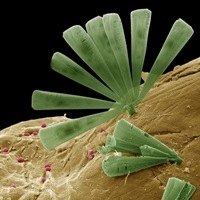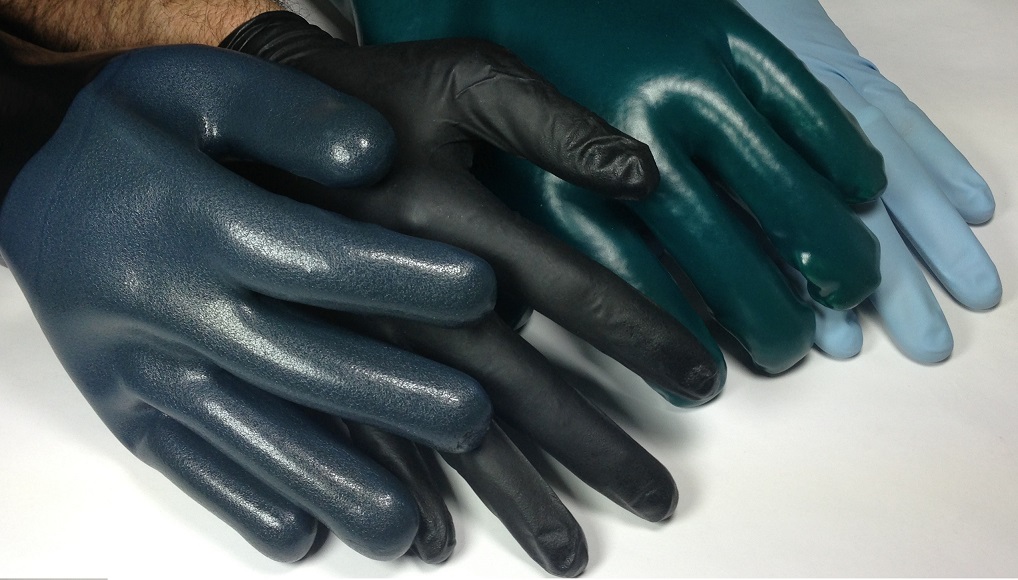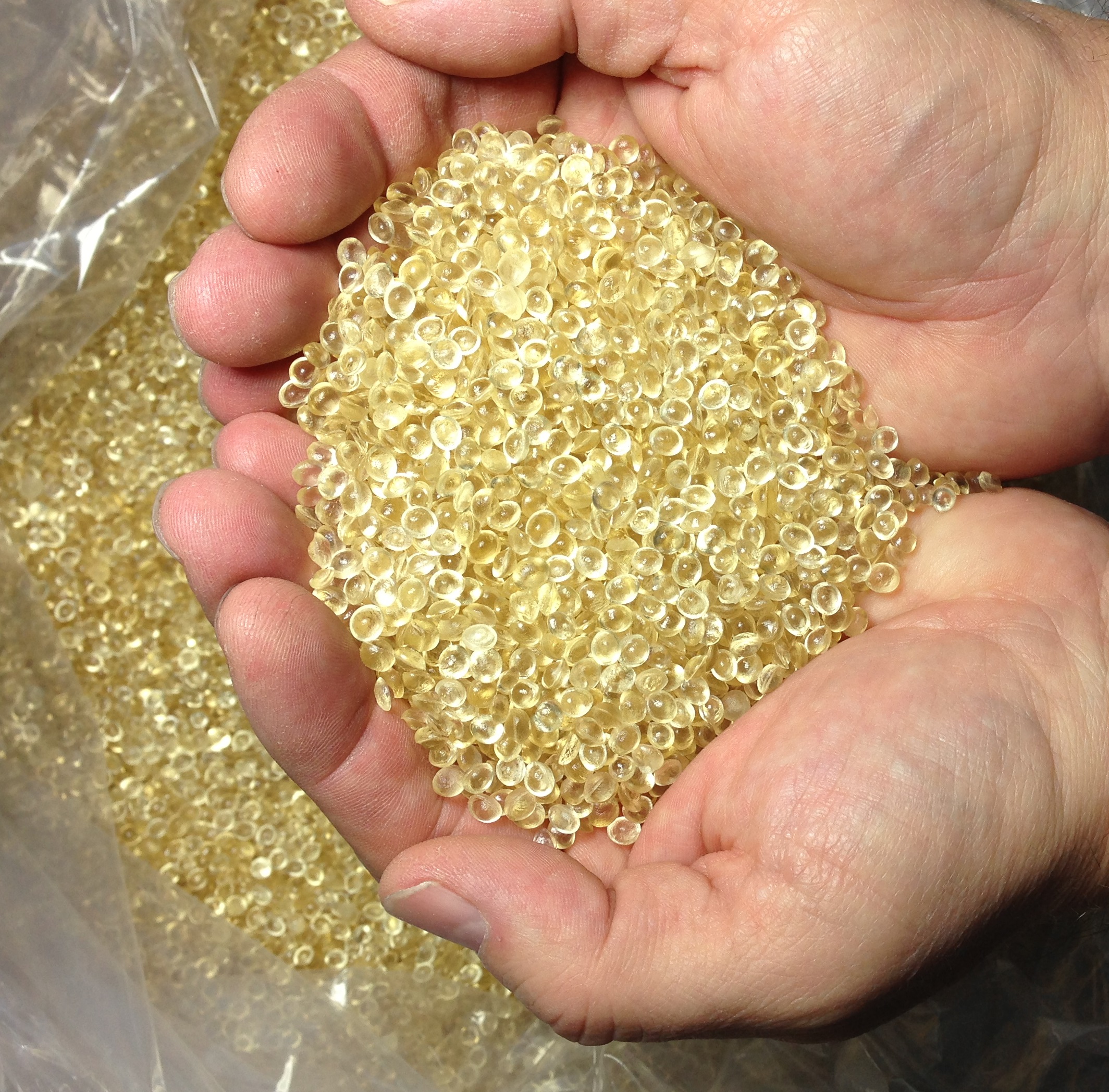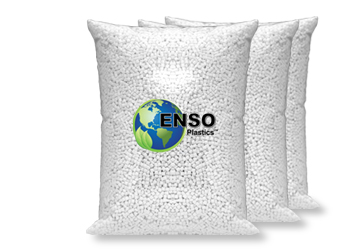Some bags are only beneficial after more than 100 uses
By Quentin Fottrell
Los Angeles is the latest American city to ban the use of single-use plastic grocery bags, but experts say their most common replacements—paper and reusable bags—come with environmental and financial costs of their own.
Indeed, some reusable bags need to be used over 100 times before they’re better for the environment than single-use plastic bags. Polyethylene bags need to be used four times, a polypropylene bag must be used at least 11 times, and a cotton bag must be used at least 131 times, according to a study by the U.K. Environment Agency .
Starting Jan. 1, the Los Angeles City Council prohibited the use of plastic bags, joining nearly 90 other cities around the country in banning what environmentalists say have been the scourge of oceans for decades. Consumers in L.A. will now have to pay 10 cents for a paper bag provided by the supermarket or bring their own reusable bag to the store. But the cost of paper and reusable bags goes beyond just the 10-cent fee. “If we are really going to change behavior we need to come up with some other way than relying on shoppers to buy paper bags or carry their own bags,” says Phil Lempert, CEO of grocery information site SupermarketGuru.com . In other words, find an alternative to both single-use “carryout” and reusable plastic, Lempert says.
The widespread use of single-use carryout plastic bags raises significant environmental concerns, according to a 2010 report by professional technical-services company Aecom Technology Corp ACM -2.03% . It cited the short and long term adverse effects to marine ecosystems, solid waste management, global resource consumption and litter. In most instances, a switch to reusable bags provides the greatest environmental benefits, the report found, “if used at least a minimum number of times.” Many major retailers sell reusable bags in biodegradable canvas, plastic or “bioplastics” manufactured from natural materials. But some of these materials “are very, very energy intensive material to manufacture,” says Stephen Joseph, counsel for the Save the Plastic Bag Coalition, a San Francisco-based coalition of plastic bag manufacturers.
People may not want to carry food in the same bag for extended periods for fear of contamination, experts say, although cotton bags may be the most easily washed and reusable. At the end of their life, only 5% of reusable plastic bags are recycled in the U.S., according to a 2011 report by California State University, Chico, and Clemson University. That’s the same recycling rate for single-use plastic bags.
Another problem: Many reusable bags being sold at the country’s major retailers are imported. Wal-Mart WMT -0.67% sells reusable bags with slogans like “A little green goes a long way.” In fact, many have also come a long way—over 7,000 miles. Wal-Mart’s standard reusable bag (50 cents) is made in China. Whole Foods has a variety of 99-cent “ Better Bags ” that are made from 88% recycled materials, but they’re not exclusively made in the U.S., a spokesman says. (Whole Foods shoppers are offered a rebate of 10 cents for each reusable bag they use.) Home Depot HD -0.87% also touts a store-branded orange nylon tote (99 cents), which is made in China. And Trader Joe’s polypropylene reusable bags (99 cents) are made in Vietnam.
Paper bags are biodegradable, but some experts say cutting down trees is no answer either. Some 46 million tons of paper and paperboard were recovered in 2011—a recycling of almost 66%—and accounts for over half of all recyclables collected in the U.S. by weight, according to the government’s Environmental Protection Agency. That includes all paper, of course, and not just bags. “By volume, it’s still enormous,” says Joshua Martin, director of the Environmental Paper Network, a global coalition of over 100 nonprofit organizations. Still, Martin welcomes the move away from plastic bags in L.A. and elsewhere, and favors a surcharge for each paper bag to encourage more people to think twice—and then some—about recycling. “You won’t find a whale washed up on the beach with its belly full of paper,” he says, “so I support the ban.”
To read the original Market Watch article click here: http://www.marketwatch.com/story/are-reusable-bags-worse-for-environment-than-plastic-2014-01-09
When I ran across this article I knew that I needed post this as a blog. This is a fantastic article and the comments are very telling with the reality of the situation we face when it comes to solving global environmental problems. There really is no arguing the pros and cons of plastics in our lives. The introduction and development of plastics was and continues to be a significant innovation to the improvement to the quality of life and at the same time it also is a growing environmental problem.
This article and the comments are great examples and a sample of how our society is trying to address the environmental problem we have created with using plastics. The truth is that innovation got us into this mess and innovation will have to get us out of it. It is extremely frustrating to see society desperately trying to do something with most of what is trying to be done will take decades to get habits changed or make even a slight difference on a large scale. The truth is that what we are doing is barely making a dent in the problem we already have and is not even close to keeping up with global growth of plastic use.
It’s frustrating at the least to listen to the arguments about using reusable bags verse single use bags. Most of what is being done whether it is using reusable bags, recycling, trying to reduce plastic use, etc is trying to solve a huge problem using tiny approaches. Sure it feels good as an individual to use reusable bags or to choose to throw everything into the recycle bin, but these approaches will not solve our global plastic pollution issue. We must think big and bring big solutions to the discussion of how we are going to solve this issue, otherwise we are going to look back 10, 20 , 30+ years from now and see that the problem has only gotten worse.
ENSO Plastics has developed a renewable plastic resin which is made from agriculture waste, it is marine degradable and completely safe if consumed by humans or other animals. So why are we still dealing with figuring out if we should use reusable bags or if they should come from china or all the other little issues, when there are technologies that exist today that would make bags that would biodegrade (in landfill and compost), are marine degradable within a few weeks, would break down within months if littered (based on climate moisture) and if consumed by wildlife would do no harm and is digestible?
Using ENSO RENEW resin to manufacture bags would cost a fraction of what is being proposed for paper bags of ten cents. This is a no-brainer in my mind and is the passion behind ENSO Plastics to solve the global plastic pollution issue. This technology and others like it are available today and consumers should be demanding large scale solutions like these to address the large scale plastic pollution issue.





